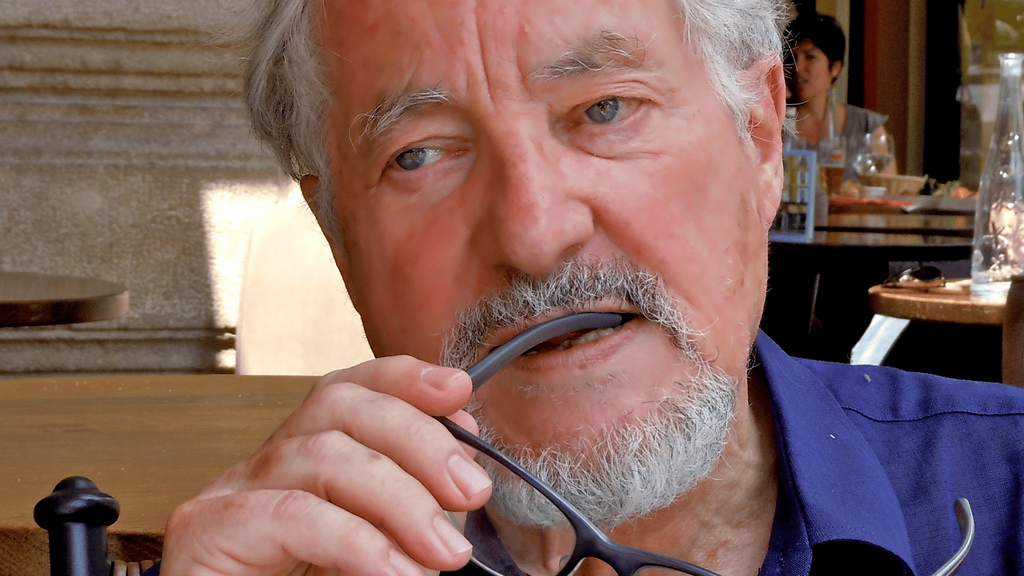Cherished French anthropologist, philosopher and author of 'Non-places' Marc Augé died at 87 years old on the night of 23 to 24 July.
His passing was communicated by the organisers of the Italian philosophy festival, Festival Filosofia. Augé was a member of the scientific committee.
Augé's esteemed anthropological career focused particularly on the evolution of society in the face of modernity and globalisation, and his research took him most notably to Africa and Latin America.
He was director of the Office of Scientific and Technical Research Overseas (now called Research Institute for Development) until 1970, and was President of the prestigious Parisian École des Hautes Études en Sciences Sociales (EHESS) for a decade.
The anthropologist was best known for coining the term "non-place", in reference to a place of "supermodernity". In his 1995 book 'Non-places: Introduction to an Anthropology of Supermodernity', he writes: "the space of supermodernity is inhabited by this contradiction: it deals only with individuals (customers, passengers, users, listeners), but they are identified (name, occupation, place of birth, address) only on entering or leaving."
In other words, a non-place is an anonymous transitory space "designed and intended for the frictionless passage of a nameless and faceless multitude," as explained by Oxford Reference. Think of airports, shopping malls and bus stops. What Gertrude Stein famously said about Oakland, California could apply to non-places, too: "there is no there there."
Augé's non-places were greatly influential to the further philosophical and sociological consideration of humanity's relationship to modern spaces.

